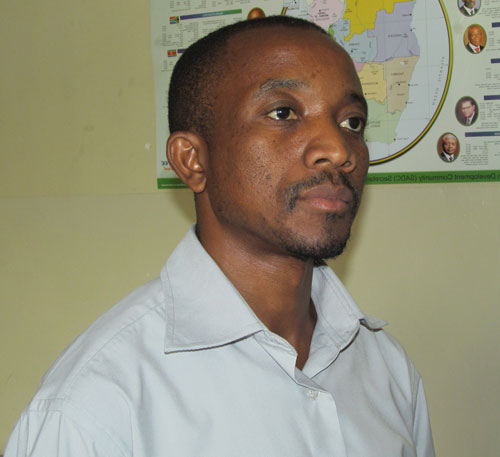
Raising public awareness, promoting enforcement of child related laws and policies
By Gillies C. Kasongo
While Zambia has adopted several laws and policies governing child labour and gender equality, public awareness levels of these efforts remain low, and administrative bodies often lack the ability to implement and enforce them consistently.
Children remain victims of inappropriate work perpetrated by families, communities and employers; with some still exposed to hazardous labour in agriculture, sexual exploitation or indeed early marriages. All these destroy children’s chances to attain a good education and enjoy a secure livelihood.
Following its ratification of c138 and c182, the Government of the Republic of Zambia has made efforts in guaranteeing the full development of children and their enjoyment of human rights. Most notably is the enactment of the Employment of Young Persons and Children Act (Cap 274 of The Laws of Zambia) and the Statutory Instrument Number 121 of 2013 on hazardous labour prohibiting the employment of young persons and children in hazardous labour.
Article 24 of the Republican Constitution and Article 12 of the Employment Act provide the minimum age for work for children, which is 15. Article 4 of the Employment of Young Persons and Children’s Act stipulates 18, as the minimum age for children for hazardous work. In the same vein, Article 3 of the Prohibition of Employment for Young Persons and Children restricts hazardous activities for children. Other laws and polices include Article 14 of the Constitution and Article 263 of the Penal Code, which, puts a restriction on forced labour. Further, Article 24 of the Constitution, Article 143 of the Penal Code, and Article 3 of the Anti-Human Trafficking Act prohibit child trafficking.
Restrictions of using children in illicit activities are provided for in Article 2 of the Employment of Young Persons and Children Act. And free public education for children is provided for in Article 15 of the Education Act of 2011.
The Ministry of Labour, with its partners, developed a Child Labour Policy on the elimination of the worst forms of child labour, which it is currently implementing. Decent work country programmes have also been developed with priority on child labour elimination and a focus on child labour strategies.
In efforts to complement Government’s intervention, Panos Institute Southern Africa (PSAf) has joined hands with Winrock International to raise public awareness and conduct civic education on child labour, its negative effects, the importance of gender equality and access to acceptable work.
The partnership, dubbed Empower – Increasing Access to Economic and Social Empowerment for Adolescent Girls and Vulnerable Women in Zambia (Empower Zambia) project, is aimed at reducing the prevalence of child labour, through an integrated approach that will bring increased economic and social empowerment to the vulnerable women, adolescent girls and communities, in Chadiza, Chipata, Katete, Lundazi and Petuake districts of Eastern Province.
With hindsight of Government, through the Provincial Labour Office, Empower Zambia will not only tackle the problem of child labour; but it is also designed to address the plight of the girl child.
The project will provide 2,500 adolescent girls with relevant skills and access to decent work.
It will also help 1,500 women and 1,000 men access increased livelihood opportunities, increase understanding of decent work and the importance of gender equality in 20 community hubs. To do this well, Empower Zambia will convene 33 Memoranda of Understanding with Government, civil society, and private stakeholder groups to create and promote safe, market-oriented opportunities for girls’ and women’s economic and social empowerment.
PSAf will support Empower Zambia through increasing public awareness on child labour and gender equality. Protecting children is one of the essential elements in the pursuit of social justice, economic development and universal peace.
As the existence of laws and policies without proper enforcement is not enough, PSAf calls upon Government and other stakeholders to implement effective programmes to monitor child labour, support families and communities in addressing the root causes of child labour in all its forms and at every level. Failure to do so, will lead to unfavourable repercussions.
The author is PSAf Senior Programme Officer for Media Development and ICTs. He is also Community Awareness Specialist on the Empower Zambia Project. For feedback, email: gillies@panos.org.zm. This article was also published in the Zambia Daily Mail on 22 April 2017.